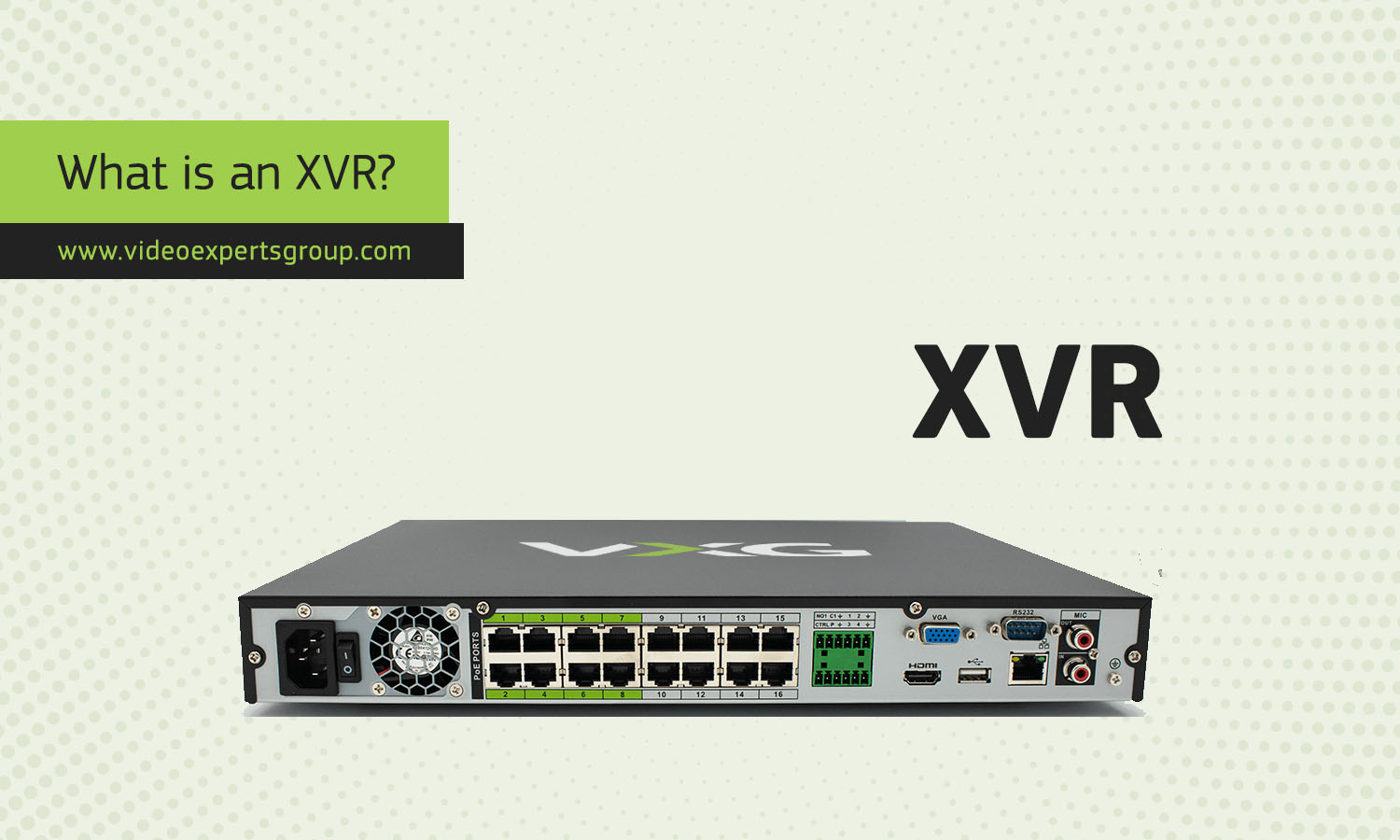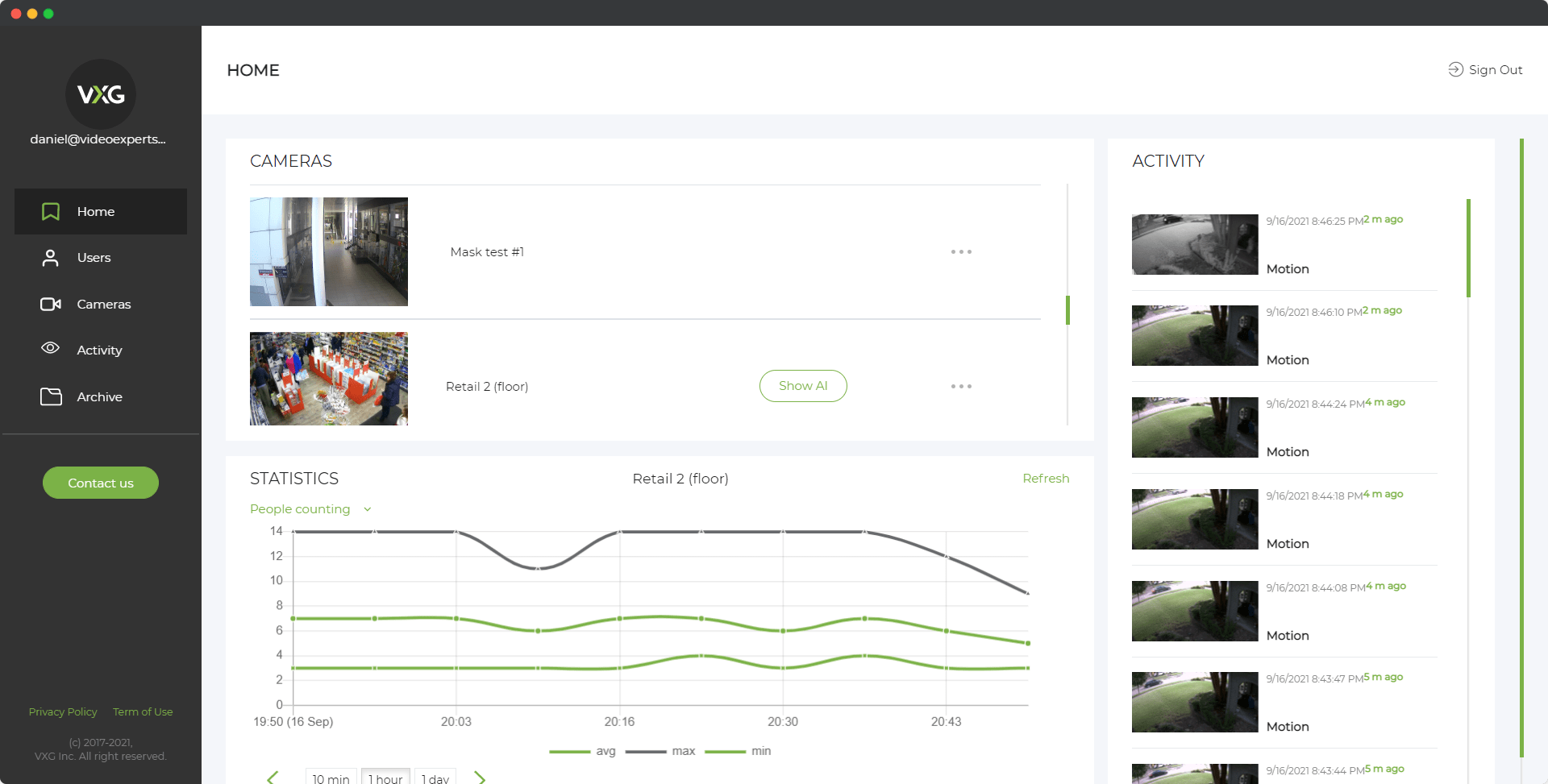In the world of CCTV, XVR has become a buzzword, often mentioned alongside DVR. But what exactly is an XVR, and how does it differ from its counterpart? In this article, we'll delve into the meaning of XVR, explore its advantages and disadvantages, and answer the common question: Which is better, DVR or XVR?
Meaning
XVR, short for "eXtended Video Recorder," is a type of digital video recorder designed for CCTV systems. Its primary function is to capture and store video footage from connected cameras. XVRs are equipped with advanced features that go beyond traditional DVR capabilities, offering users a more comprehensive and efficient solution for managing their security needs.
Unlike DVRs, which are typically analog-based and limited in terms of resolution, XVRs support a broader range of cameras, including analog, high-definition (HD), and even IP cameras. This flexibility makes XVRs a versatile choice for users seeking a CCTV system that can adapt to various camera technologies.
XVRs also support various video compression formats, such as H.264 and H.265, ensuring efficient storage utilization without compromising video quality. Some XVR models even feature intelligent video analytics, allowing for advanced functionalities like motion detection, facial recognition, and object tracking.
Advantages and Disadvantages
Advantages:
- Compatibility: XVRs are compatible with a wide range of cameras, making them suitable for both new installations and upgrades of existing systems.
- High Definition Support: XVRs can handle high-definition video, providing clearer and more detailed footage compared to traditional DVRs.
- Flexible Storage Options: With support for various compression formats, XVRs offer flexible storage solutions, optimizing space without compromising video quality.
- Advanced Features: Many XVR models come with advanced features like intelligent video analytics, enhancing overall surveillance capabilities.
Disadvantages:
- Cost: XVRs can be more expensive than basic DVRs, especially when considering the additional features and support for high-definition cameras.
- Complexity: The advanced features of XVRs may make them more complex to set up and configure compared to simpler DVR systems.
Which is Better: DVR or XVR?
The choice between DVR and XVR depends on individual requirements and budget considerations. If cost is a primary concern and basic surveillance needs are sufficient, a DVR may be a suitable option. However, for users seeking advanced features, compatibility with high-definition cameras, and a more future-proof solution, an XVR is often the preferred choice.
While DVRs have their place in CCTV systems, XVRs offer a more modern and versatile solution for those looking to stay ahead in the ever-evolving world of video surveillance technology.
Read more:
















